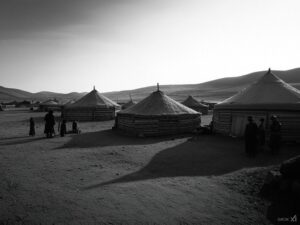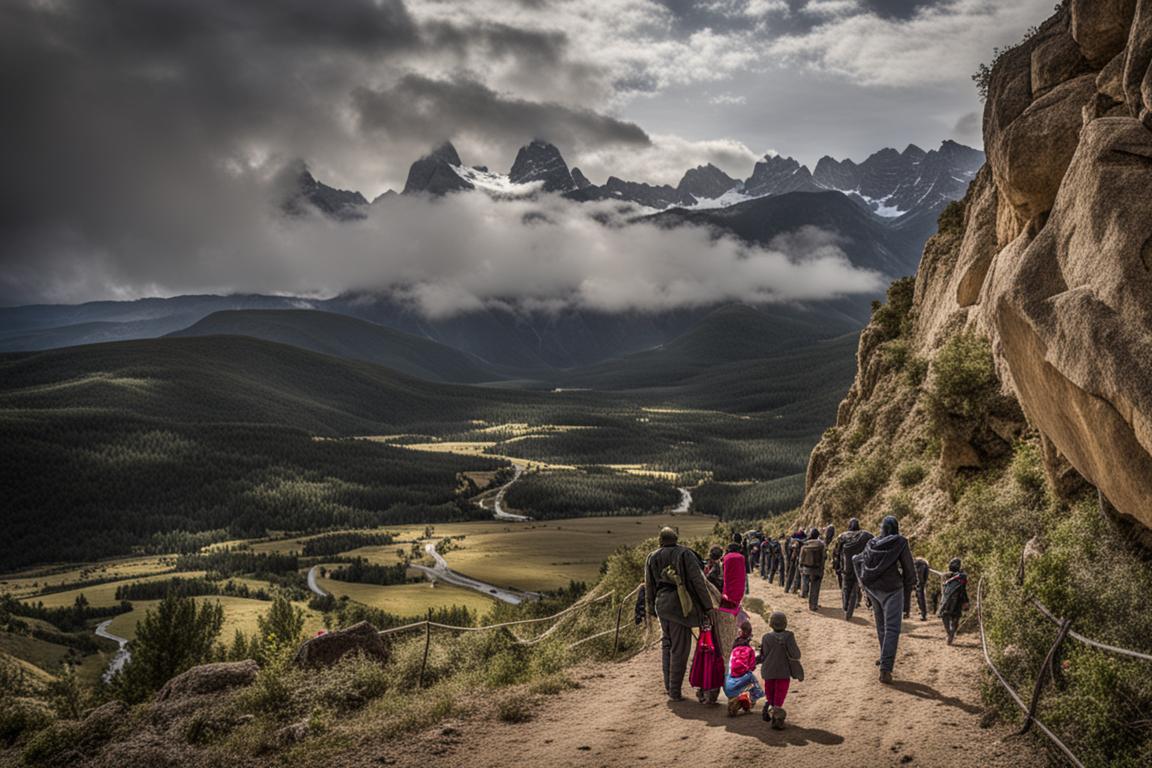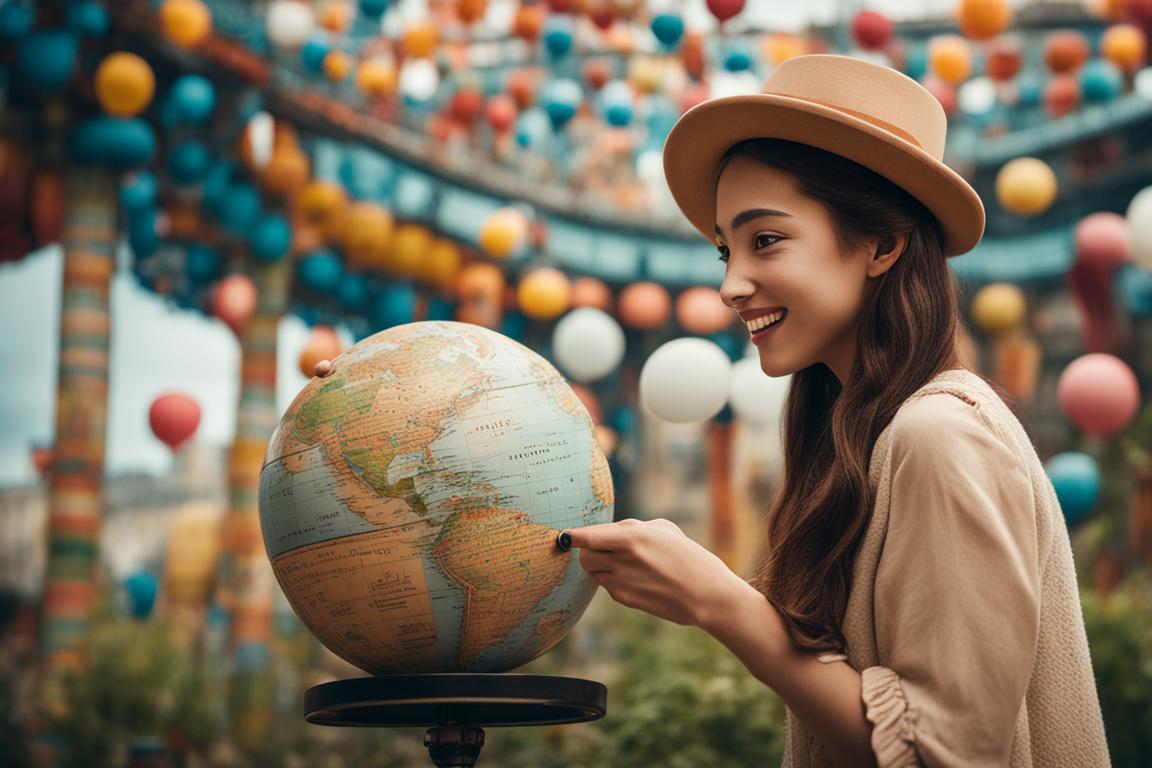
In 2027, a groundbreaking global initiative called “The Great Cultural Exchange” was launched with a simple yet revolutionary idea: every person on Earth would spend one month living in a completely different culture or country. This initiative emerged from a collective desire to foster understanding and empathy among the world’s diverse populations, aiming to alleviate the rising tensions and misunderstandings prevalent in the modern age.
The logistics were daunting. A sophisticated algorithm was developed to match individuals with cultures vastly different from their own, ensuring that each person would experience a way of life that was both unfamiliar and enlightening. Governments, NGOs, and tech companies collaborated to create a seamless transition process, covering everything from travel arrangements to temporary housing. The world held its breath as the first wave of participants embarked on their journeys.
For many, the experience was transformative. Take Maria, a software engineer from São Paulo, who found herself in a remote village in Mongolia. Accustomed to the hustle and bustle of city life, Maria initially struggled with the quietude and vast open spaces of the Mongolian steppe. However, as the days passed, she learned to appreciate the simplicity and serenity of her new environment. She spent her days herding goats with her host family, learning to cook traditional dishes, and participating in local festivals. By the end of the month, Maria had not only gained a deep respect for Mongolian culture but also discovered a newfound sense of peace within herself.

Meanwhile, in a small town in Kentucky, a young man named Jamal was immersed in the vibrant culture of Lagos, Nigeria. Initially overwhelmed by the city’s energy and the sheer number of people, Jamal soon found himself enchanted by the music, food, and warmth of the Nigerian people. He spent his days volunteering at a local school, teaching English and learning Yoruba in return. The experience opened his eyes to the challenges and joys of life in Nigeria, and he returned home with a profound appreciation for the resilience and creativity of the people he had met.
As the months went by, stories like Maria’s and Jamal’s began to surface from all corners of the globe. People who had once harbored prejudices or misconceptions about other cultures found themselves transformed by their experiences. The initiative sparked a global conversation about identity, belonging, and the shared humanity that transcends cultural boundaries.
However, the Great Cultural Exchange was not without its challenges. Some participants struggled with culture shock, language barriers, and homesickness. There were instances of cultural misunderstandings that led to awkward or tense situations. Yet, these challenges were seen as opportunities for growth and learning. Support networks were established to help participants navigate their experiences, and many found solace in connecting with others who were going through similar journeys.
As the first year of the initiative came to a close, the impact on humanity was undeniable. The world had become a smaller, more connected place. People returned to their home countries with new perspectives, and many continued to maintain relationships with their host families and communities. The exchange sparked a global movement towards cultural appreciation and understanding, with individuals and communities alike embracing diversity as a source of strength and enrichment.
In the years that followed, the Great Cultural Exchange became an annual tradition, with millions of people participating each year. The initiative inspired a new generation of leaders who prioritized empathy and collaboration over division and conflict. It also led to a renaissance in art, music, and literature, as people drew inspiration from the cultures they had experienced and shared their stories with the world.
Ultimately, the Great Cultural Exchange proved that when people step outside their comfort zones and immerse themselves in the lives of others, they not only gain a deeper understanding of different cultures but also discover the common threads that unite us all. It was a testament to the power of human connection and a reminder that despite our differences, we are all part of one global community.




